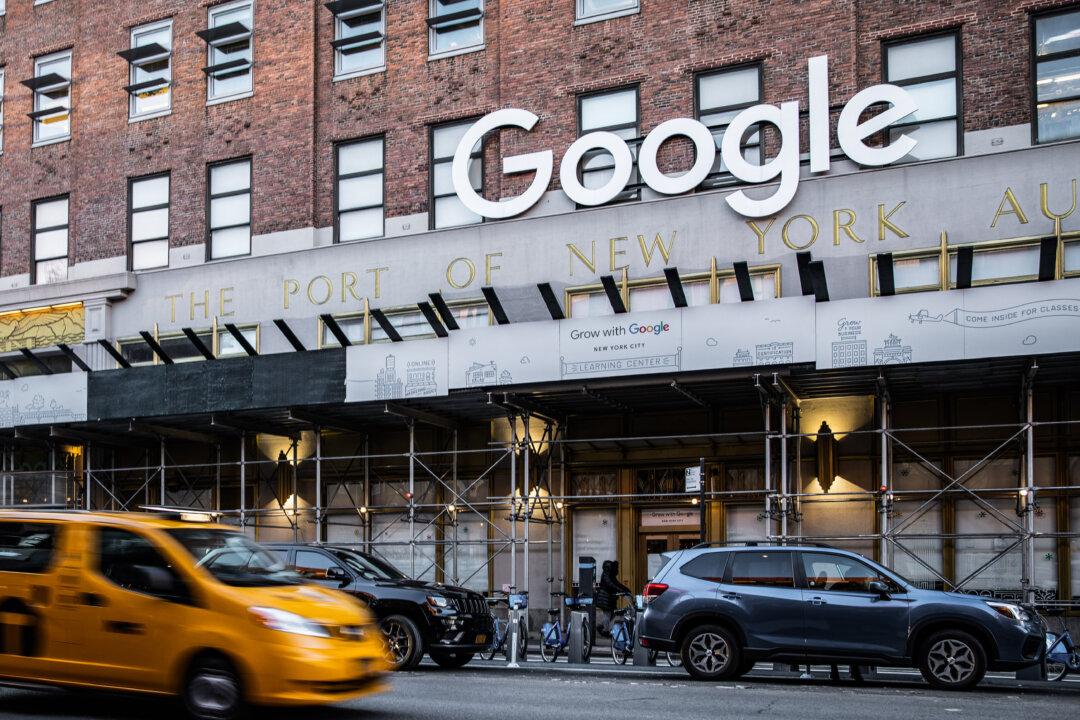The parent company of the Daily Mail and Mail Online is suing Google for alleged anti-competitive behavior by manipulating search results and ad auctions that cause harm to online publishers.
The lawsuit, which was filed in a federal court in Manhattan, alleges that Google built a dominant position in the digital advertising market and is using that market power to eliminate competition. It states that the technology behemoth now controls the tools used by publishers and advertisers to buy and sell online ad space.




